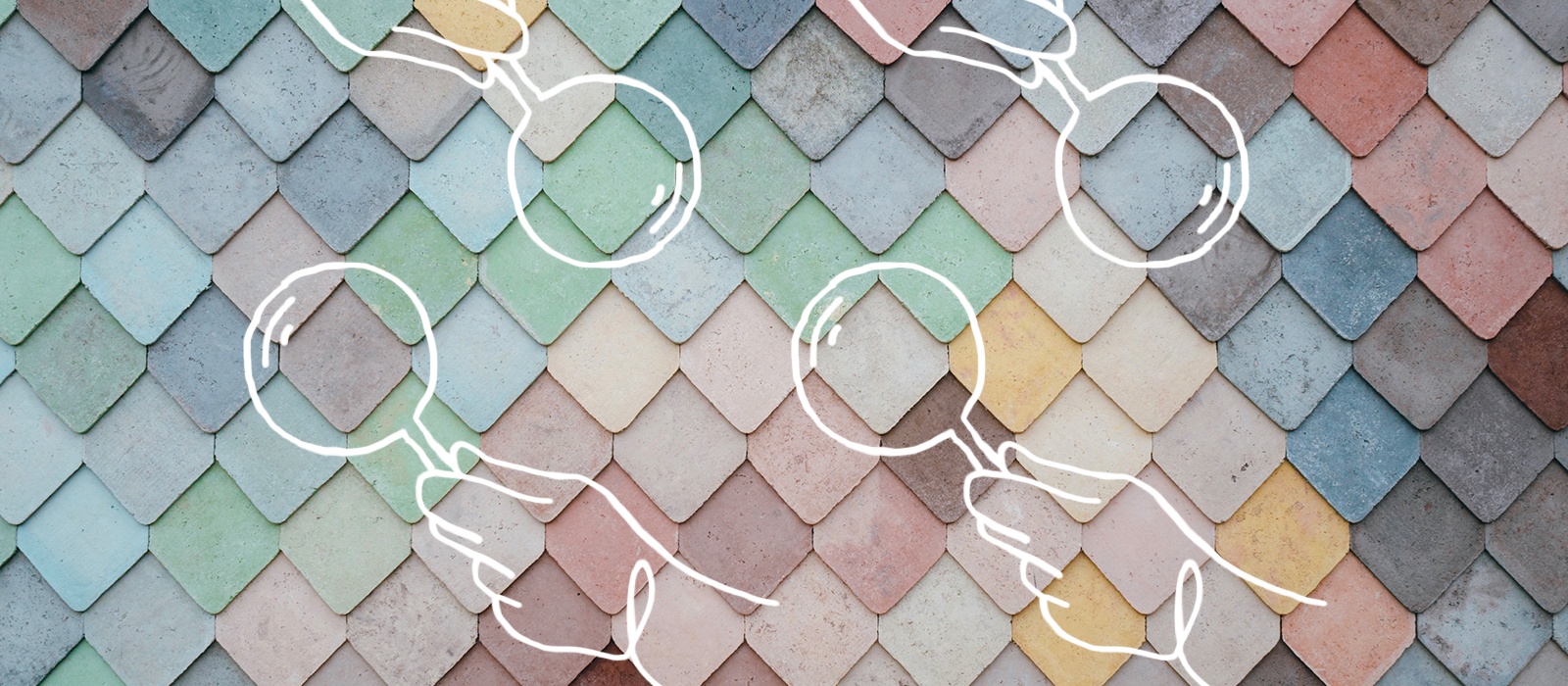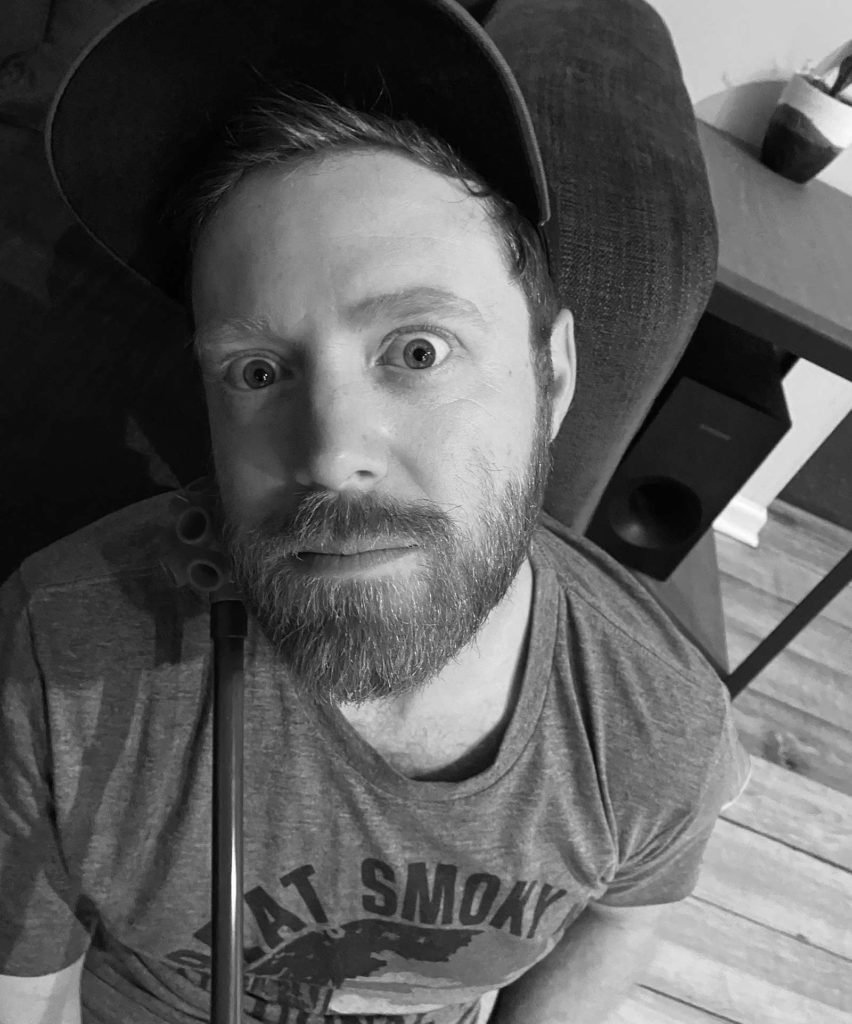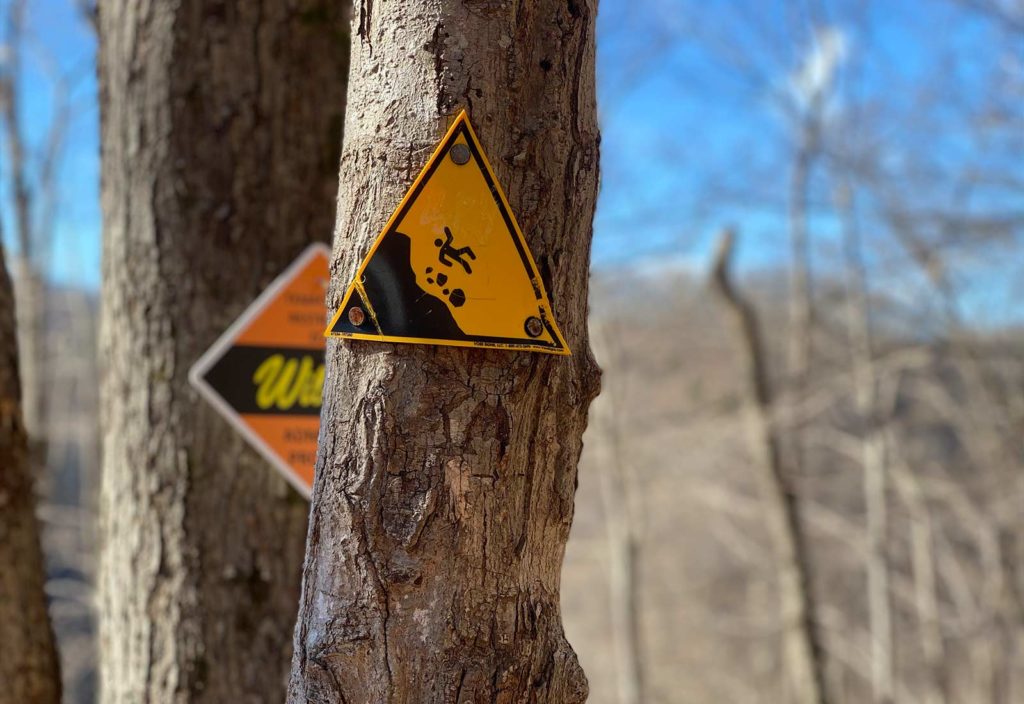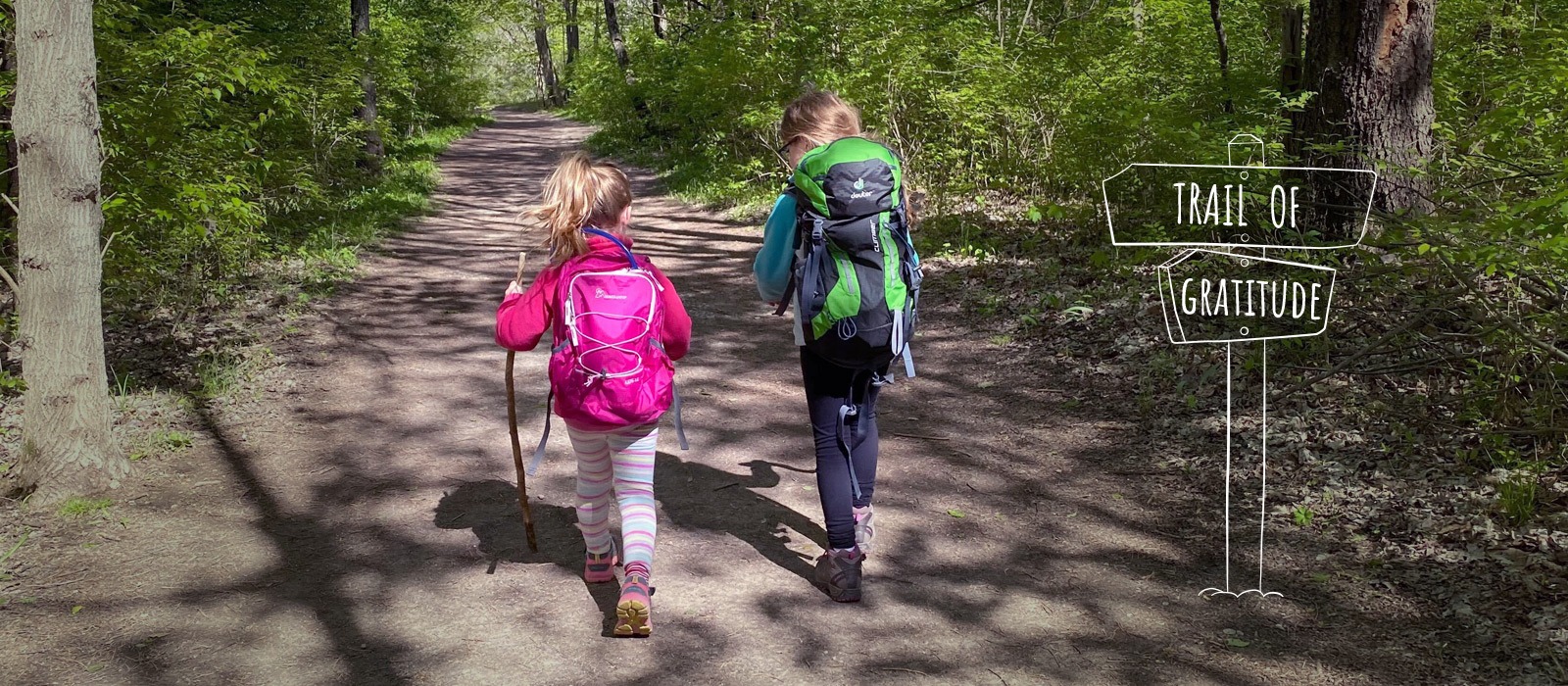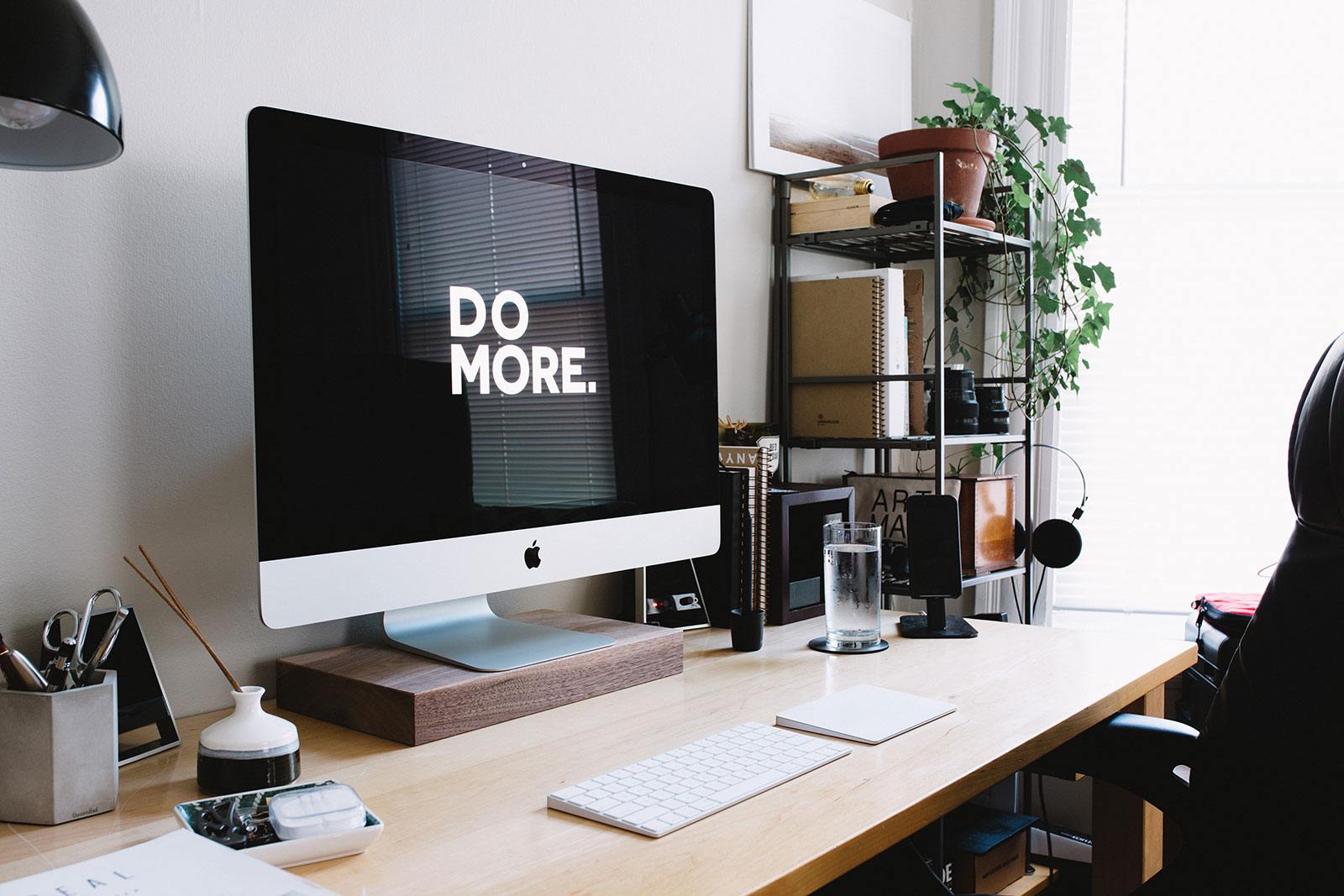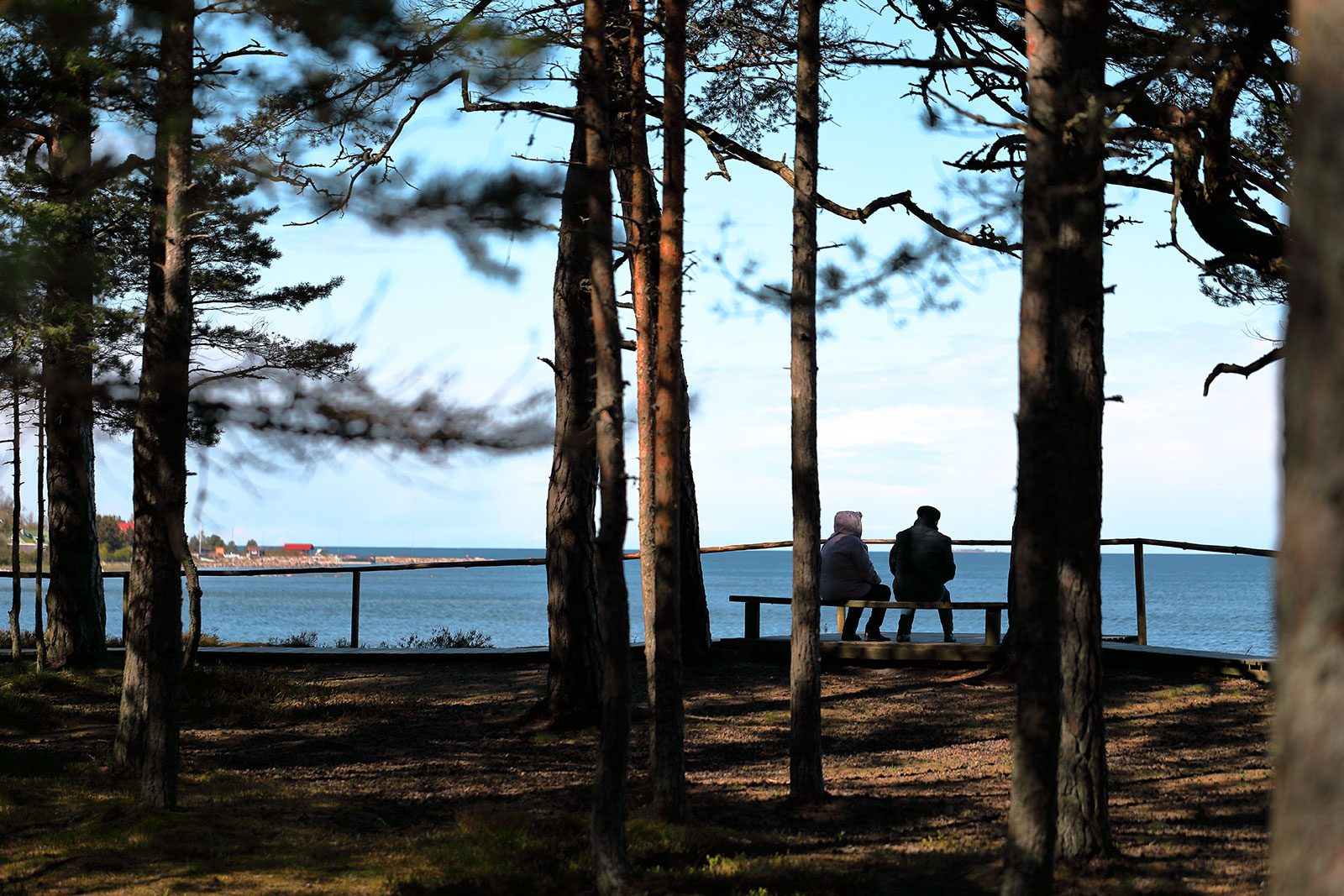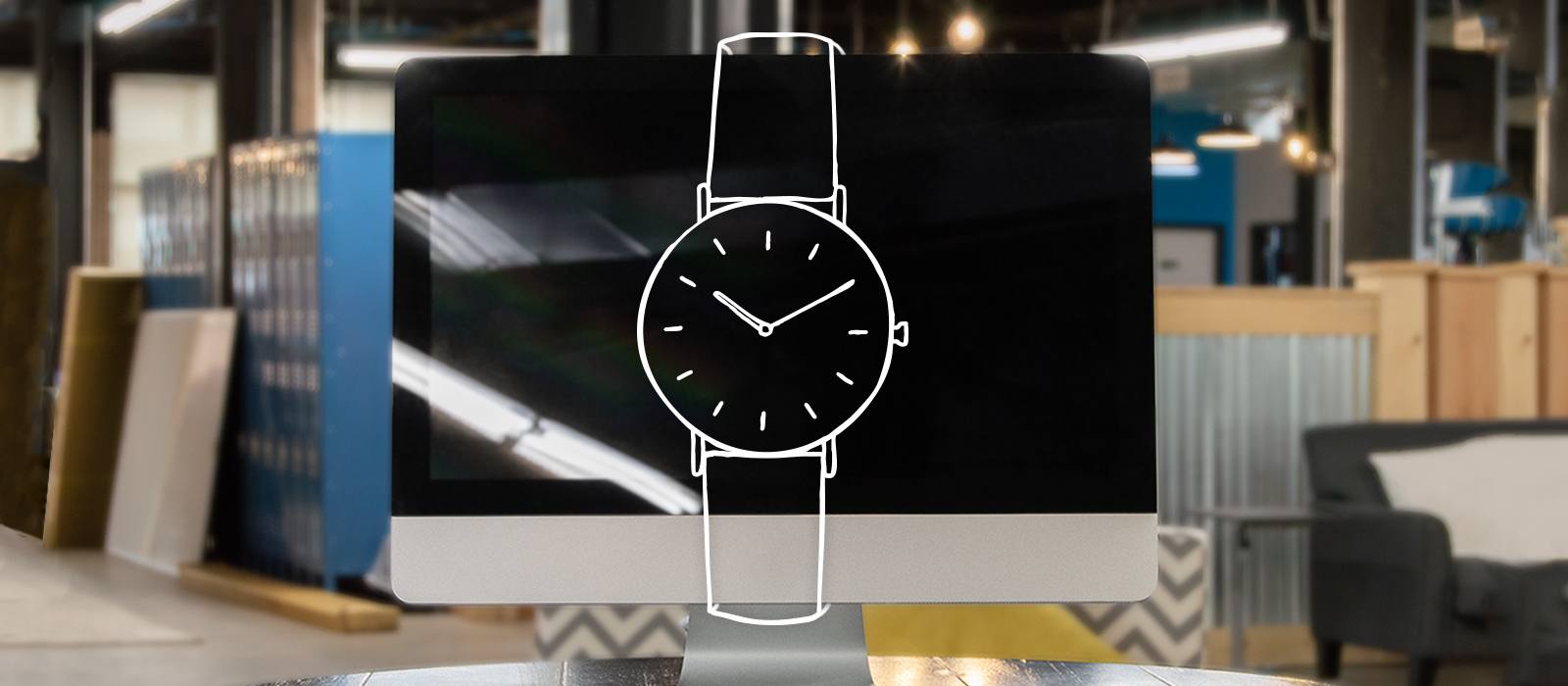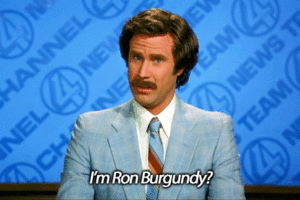Patterns are everywhere. They’re used in solving problems, working out mathematical formulas, faith disciplines, choosing an outfit for the day, architecture, teaching students and yes, definitely in the world of branding design. Patterns are even used in identifying bad habits and developing good ones. I think we can all agree that patterns have a daily impact on our lives.
Let’s cut right to the chase. Trying to identify your own patterns, whether good or bad, is equal parts difficult and subjective. Determining whether a pattern is good or bad for you is, well, only up to you to define. On top of being difficult to step back and watch yourself, it’s also difficult because it is subjective. Yes, there are articles, quotes and plenty of examples out there that have identified habits and patterns that result in successful people or happy people or wealthy people or fill in the blank. But generally speaking, identifying your patterns in behavior and discerning which ones are good or bad is not going to be summarized from one source. If this is a topic of interest to you, I implore you to continue seeking other resources and examples out there, so you too can extract what works and makes sense for you and only you.
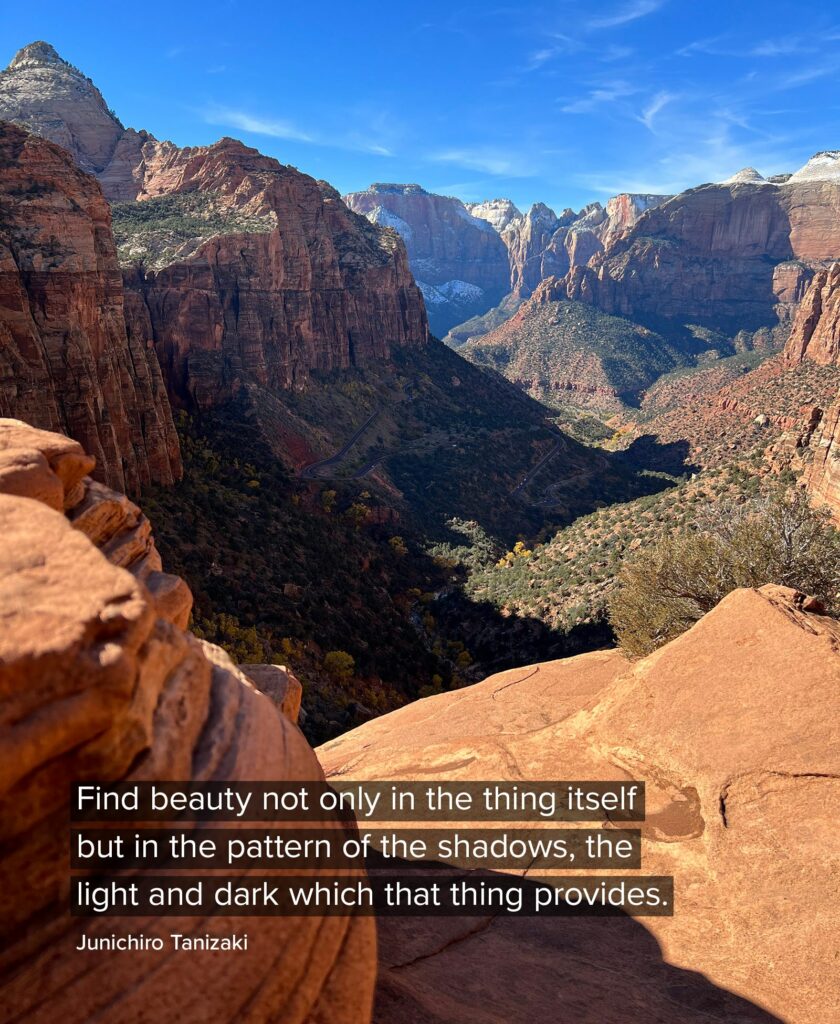
After making this agreement with yourself, my hope is that you take from this the pieces that work best for you. Below is a list I’ve boiled down, in no particular order, into seven points of consideration and further discovery as it applies to identifying your patterns.
- Seek out objectivity
- Surround yourself with trusted friends, mentors and/or advisors
- Submit to the idea you will never peak as an individual
- Remain steadfast in your core values and beliefs
- Always ask questions
- Practice daily
- Allow time for reflection
If you keep these reminders active and close, I’d be willing to bet they might just help you too. Let’s dive into each of them.
Seeking Out Objectivity
As mentioned above, it’s always important to seek out multiple sources of information related to your topic of research, but it is also important, maybe more, to locate credible sources of objective thoughts and ideas around the topic. In today’s world, this is incredibly difficult to do. I always like to start with the most general resources I can find. I often start with places like Wikipedia and yes — I’ll even use the Dictionary when I can. From Wikipedia, you’ll stumble upon additional sources and I tend to follow the breadcrumbs from there. Otherwise, I’m looking for books, articles and/or podcasts that are more focused on breaking something down tactically or more a matter of fact. In my role at CreativeFuse, I lean on sources like the “A Book Apart” series or the online platform, Treehouse. These are just a couple of examples.
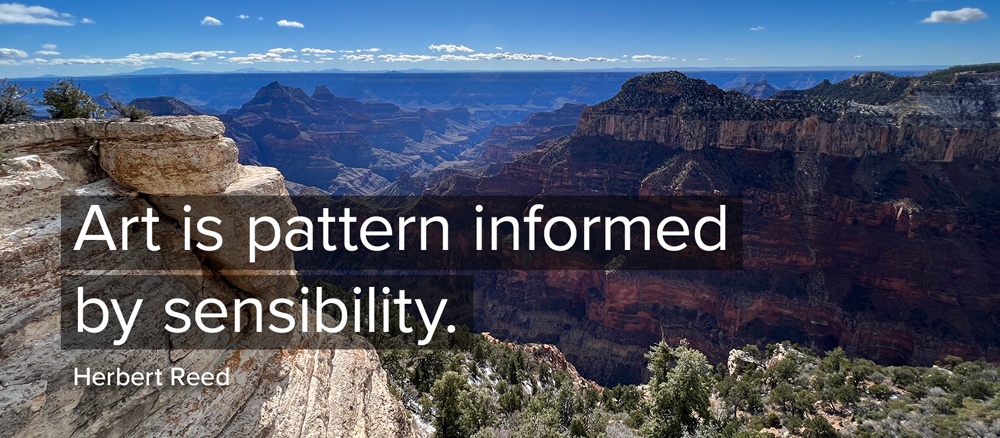
Once I’ve exhausted what I can find within grasp, I then intentionally look for opposite opinions on the topic. I find that this helps me further hone in on what I’m looking for. Yes, I want it to be as objective as possible, but in the end it needs to work for me. So I go out of my way to look for extreme opposites around the topic. I ask the most polar opposite questions that I can. As part of this, I soak in the elements that I resonate with most and form my personal way of thinking. It’s critical that when you go the path of the latter, that you set aside as many biases as possible and allow for any/all ways of thinking in the beginning. The ones that jerk me negatively are worth noting to revisit later. Those often lead to further discovery or are confirmations of my core values.
Circle of Influence
For as long as I can remember, I’ve always had this desire to pair up with like-minded people. I’d say this may be true for most, but it’s the leaning into it that has helped me. As a young adult, I made a commitment to myself. If I could not see myself in a relationship, whether business or personal, that couldn’t be long-term or indefinite, then I really had no reason to continue. I’m not interested much in short-term, transactional relationships. I have remained pretty adamant about this. In addition, I do believe your core values play a part in the filtering process. In my role as a leader, a co-worker or a business partner, I’m not looking to be your best friend, but I do seek out a relationship for life. That said, I cannot be all things to all people, so I stopped trying to force that as well. I have a best friend, I have a wife, I have kids, I have parents, I have business partners, I have clients, I have relatives, I have a team, I have social friends. And while some of these can change over time, still one thing stands true. The desire to cultivate relationships with people I trust and can do life with indefinitely.
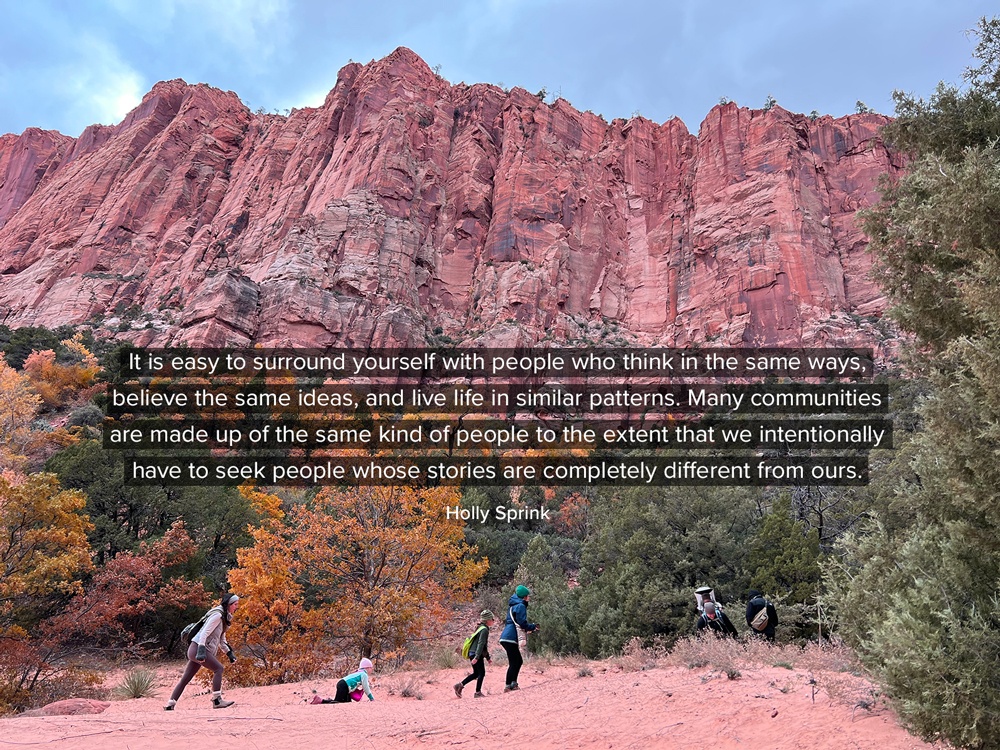
The catch is to not expect the relationship to last forever and appreciate each day and every moment you have with them. So just because I’m seeking lifelong relationships, I do not expect them to last forever. Naturally people will come in and out of your active, daily life. I try not to see this as a “bad” thing, but it is possible to unintentionally hurt people along the way with this thinking. I’ve learned it’s incredibly important to pay close attention to the impact I have on others. I met some people that have floated in and out, or just more seemingly distant than before, to be amicable in this understanding, whereas others are not. For those that are not, I have tried to note the patterns along the way in order to adjust.
That said, I have relationships today that extend across many years that I cherish greatly. I have relationships with folks that may be more distant now from where we began and I still appreciate the opportunities to reconnect. The memories and stories created together are every bit a part of who I am today. In the end, find people you trust personally and in business and lean on them to help you identify your patterns today, not tomorrow because you never know where life will take you or others.
The Impossible Peak
This could be the most sensitive consideration of all these and I may lose some readers, but hear me out. Submit to the idea that you will not peak, really in any aspect of life. I use the word “submit” intentionally. This has taken me some time to rewire my mind, but the outcome has proven meaningful.
Here’s my most relatable example. I’ve been married to my wife, Sarah, since 2008. Plus, we dated for three years prior to that, so it’s been a few days. One of the best approaches I’ve taken in our relationship is to tell myself, “I will never know everything about Sarah” or “I will always be learning about who Sarah is as a person”. Telling myself this is the first step, but it requires actionable follow-through. And I’ll admit sometimes it can be easy to ignore. This is definitely an aspirational goal and not something I could achieve 100% of the time. Nonetheless, the important thing is that I remind myself to do so as much as I possibly can. This whole process allows me to remain in a position of always seeking, learning, open to change and extending grace. When I’m able to apply this to my daily life, I am much more inclined to remain humble or be humbled by her for example. As a result, I learn more about myself as a person, my patterns even. And I’m also more willing to ask her and talk about it when it’s appropriate. This is a place to strive for in any relationship really, but especially ones that you are engaged with daily.
I will say this is not to be confused with the idea that your life must be a constant challenge or always uncomfortable. This is not a mountain peak to climb or conquer, it’s a journey to experience, a life to live. I do believe in the feeling of contentment and the place it has in a person’s life and mindset. This is definitely a whole other topic of conversation, but the point being you can remain in a place of seeking and learning while being content with the pleasant AND uncomfortable times that come along with doing so.
In the professional world, I’ve recognized that as a creative, I will always be learning and the day I stop I cease to exist, period. The industry is constantly changing and evolving. Toolsets and software become deprecated over time and new ones take their place. I will never be the best creative in the world, but I will strive everyday to grow and become the best version of a creative that’s possible. The moments, or even seasons, I feel like I have it “all” figured out have proven to be the times I’ve missed something or overlooked patterns in my life both personally and professionally. Thus I recommend, submit to the idea you will not peak, ever. You might just surprise yourself and others around you with your happiness, joyfulness and youthfulness.
Core Values, Open Mind
After thinking about how I apply two of the considerations mentioned, Remain steadfast in your core values and beliefs and Always ask questions, I’ve found these go hand-in-hand.
Rather than get into the weeds of how to create core values and beliefs, I’m going to jump ahead and assume you have these. Gino Wickman writes about how to develop core values for your business, among many other business strategies in his book titled “Traction: Get a Grip on Your Business”. Truthfully the method in the book can be applied to creating core values for just about anything, including yourself. There are a ton of other resources out there for creating your core values.
We all have different values, beliefs, motivations and goals. This is part of what makes us unique from one another. The point is to remain steadfast in your values and beliefs. The catch is to do it in a way that you are always asking questions and looking at aspects of your life with an open mind. If I don’t approach it this way, I find it doesn’t allow me to recognize patterns in my life. Without holding true to my beliefs and core values I find it nearly impossible to have a reference point for acknowledging the good patterns from the bad ones. As part of this, if I shy away from asking questions, I naturally push my values and beliefs onto others and close myself off to learning about not only them, but even more about myself as well.
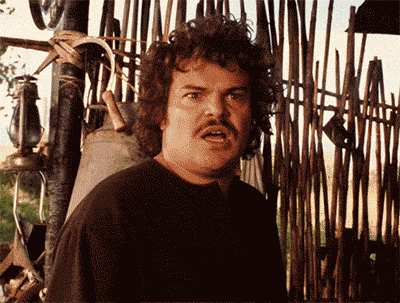
I’m all for aligning with like-minded people with similar values, but even within those relationships it’s easy to lose sight of listening, asking questions and learning from them. Fixating on your values and beliefs is different than committing to them. My goal is that others will get a sense of my values through my actions. And if we’re talking about them, it’s because they’ve either asked me to share or invited me into a conversation around them.
Practice Daily
This is simple enough to understand, but I cannot stress the importance of this one enough. I would really like it to read, “Practice Every Second”. However, I’m trying to be more realistic these days, haha. It’s more manageable to think in terms of choosing to practice each day. The way you practice in a day can look like a lot of different things.
You might choose to read a book or a post, hopefully like this one.
You may consciously decide to listen first in every conversation you engage in.
You could start your day with meditation.
You could place reminders all over your house.
You can identify topics you’d like to discuss with others you trust.
You can recite statements aloud to yourself.
You might go on a walk or exercise.
You could ask a person a hard question.
You might join a support group or seek out a mentor.
Whatever it may be, do it and practice daily. Over time, some of these will become a part of your everyday life and then you can add new practices of identifying patterns. It’s that simple.
Reflection
Practices like meditation and going on walks, are also examples of allowing for time to reflect. This can be done with others, but ultimately I feel it’s important to do it in a place of solitude. For myself, this might be done through prayer, by sitting completely still, hiking miles of trail or wading the streams. Though I did state that these considerations were in no particular order, I do feel this one is the follow-up to all of them. I’m going to share an example of reflection to explain further, but first, I was recently reminded to not listen to the lies I tell myself. Healthy reflection will not come from a place of fear or anxiety rather a yearning for a deeper connection and a desire to grow from experiences.
My example of reflection actually resulted in writing all of this down. I started unpacking this topic back in the middle of 2021. More than a year later, here I am. Part of the reason it took me so long was my time in reflection. I’ve been applying all of the other considerations for a while now. And yes, I have taken time to reflect over the years on other topics, but as I was reflecting on this topic I realized there were some patterns about myself I needed to address. The lies we tell ourselves can be two-fold. It can come across in putting ourselves down, which further cements the idea that we are no good and prohibits us from following through. They can also form as self-defense mechanisms by perpetually ignoring the pattern. I think for me and this topic, it was a little of both. The good news is I’ve managed to face the realities of the patterns I was ignoring, I’ve accepted that I am human and I’m taking responsibility for them. This time to reflect has been met with resistance by not only myself, but others as well.
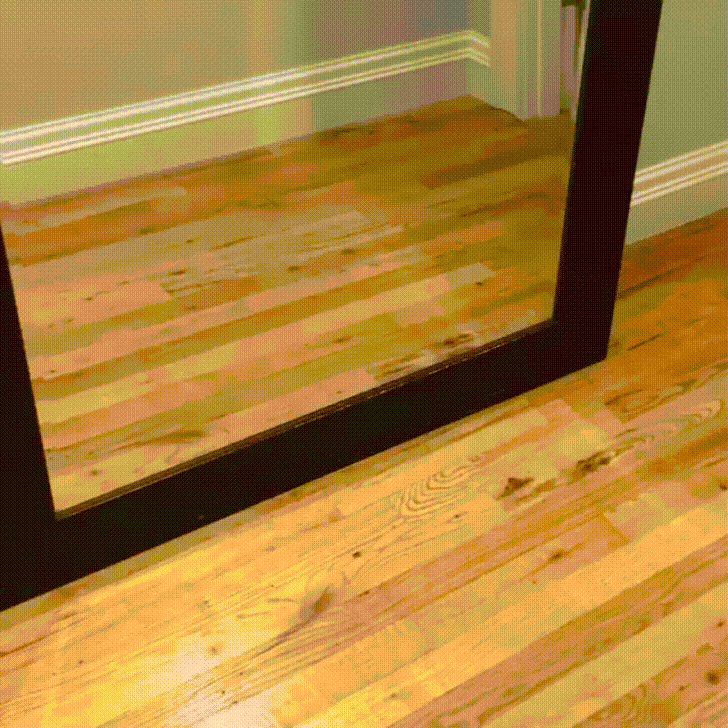
When I reminded myself about the idea of healthy reflection, to grow as a person, I was also reminded that I am loved for who I am. So, I go forth once more into the fray… to learn, to fail and to seek out healthy reflection. I am not going to share the specifics of the patterns I needed to work through in this post, but just know they were there. I know, I know that was some build up. I feel they should be reserved for the right time, in the appropriate place for the respective audience. Instead I’ll list out some patterns about myself.
- I can be passionate in conversations.
- I am not afraid to voice my thoughts, sometimes to my detriment.
- I work with my friends.
- I can be intimidating to people.
- I ask a lot of questions.
- I want to be outside, like all of the time.
- I impact others emotions negatively and positively a lot.
- I do enjoy a tasty beverage.
- I tend to take on other people’s emotions.
- I seek out genuine relationships.
- I check my phone too many times in a day.
- I like to pee in the morning sitting down.
- I want to believe people until proven otherwise.
- I desire verbal affirmation.
- I am innately selfish.
- I give my wife a hug and/or kiss most every morning.
- I am the butt of many jokes.
- I am troubled by trash along the roads and out in nature.
- I am a devil’s advocate to myself and others.
- I take the brunt of many problems.
- I have natural leadership qualities.
- I bite my nails.
- I pray at least once most days.
- I hug my two daughters every day.
- I like wearing what I want to wear, even if it doesn’t make sense.
- I snack consistently in the evenings.
- I require human interaction.
Through all of your pattern discoveries, I’ll conclude by encouraging you to regularly audit the impact outside influences have on you and the impact you have on others. Patterns are always forming whether we are aware of them or not, good and bad. And people are weird, I am weird.
